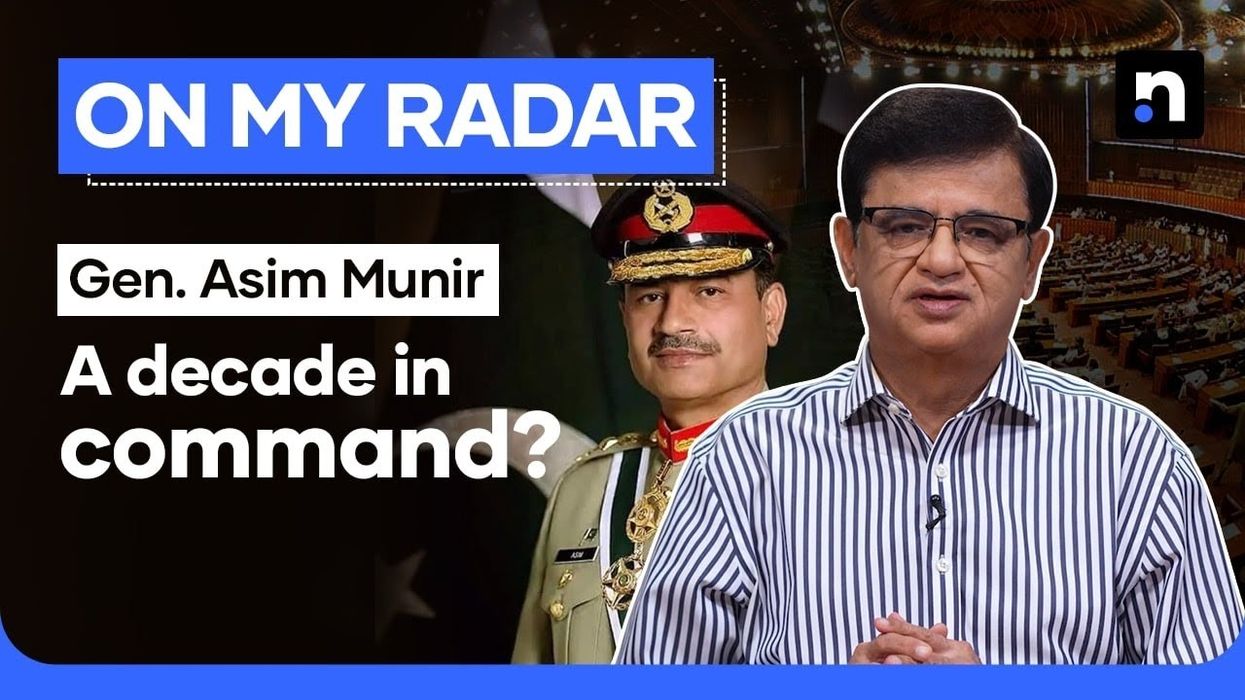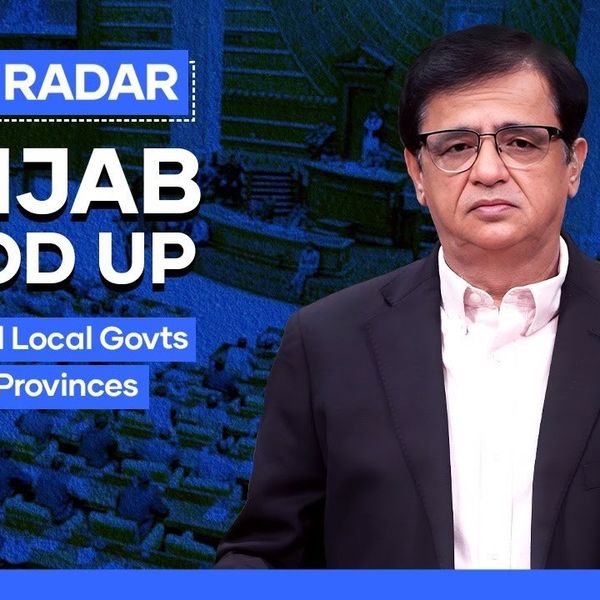New era of stability? Pakistan extends military tenures, strengthens judiciary amid economic upturn
Nukta founder and CEO Kamran Khan analyzes whether economic stability will diminish public concern over key military extensions
News Desk
The News Desk provides timely and factual coverage of national and international events, with an emphasis on accuracy and clarity.
In Pakistan, significant legal changes have taken place at a rapid pace over just a few hours. The tenures of the Chief of Army Staff General Asim Munir and other services chiefs have been extended from three to five years.
There is no longer any restriction preventing the Prime Minister from reappointing the Army Chief for another five years in 2027 if desired, or even extending it by another five years in 2032. This means that Prime Minister Shehbaz Sharif wishes General Asim Munir could lead the Pakistani military until 2037.
Just two weeks after the 26th Amendment was passed by parliament, this major legislation along with the one increasing the number of the Supreme Court (SC) and Islamabad High Court (IHC) judges was passed in secrecy within a few hours.
The tenures of the army, naval, and air chiefs have been extended from three to five years, while the number of top court judges has increased from 17 to 34, and the IHC judges from 9 to 12.
The Pakistan People's Party, founded by former premiers late Zulfikar Ali Bhutto and Benazir Bhutto, along with Nawaz Sharif's Pakistan Muslim League-Nawaz (PML-N), has played a major role in these far-reaching constitutional and legal changes.
All political parties, except the opposition Pakistan Tehreek-e-Insaf (PTI), have shown agreement with these amendments.
Economic upturn
The changes, widely accepted by the public, also come at a critical moment for Pakistan’s economy. For the first time in years, Pakistan’s economy is on the upswing.
As these legal changes were being made, the Pakistan Stock Exchange index hit a historic high, and the State Bank announced an unexpected interest rate cut of 2.5 percent, bringing joy to the business community.
Over the past six months, the interest rate has decreased from 22 percent to 15 percent. The Monetary Policy Committee is expected to announce another 1.5 percent cut in December, with interest rates potentially reaching single digits in the next fiscal year.
Due to political stability, the pace of economic recovery is increasing. Confidence among the IMF, World Bank, rating agencies, and friendly countries is being restored, with multiple economic indicators showing steady progress.
Foreign exchange reserves are at a three-year high, remittance inflows hit an all-time high in the first quarter of the fiscal year, and Foreign Direct Investment (FDI) increased by 48 percent. Inflation has dropped to 7.2 percent, and the current account deficit has shrunk by 92 percent. Additionally, oil prices in the international market are falling.
The fundamental point is this: if the economy is thriving and business is booming, then the Pakistani people are unlikely to worry about anyone’s tenure. It’s all about continuity in the end. If the economy picks up, everyone will welcome the new system.











Comments
See what people are discussing